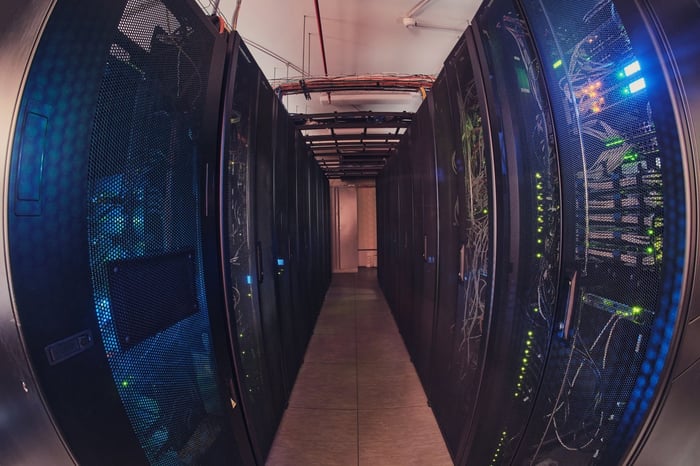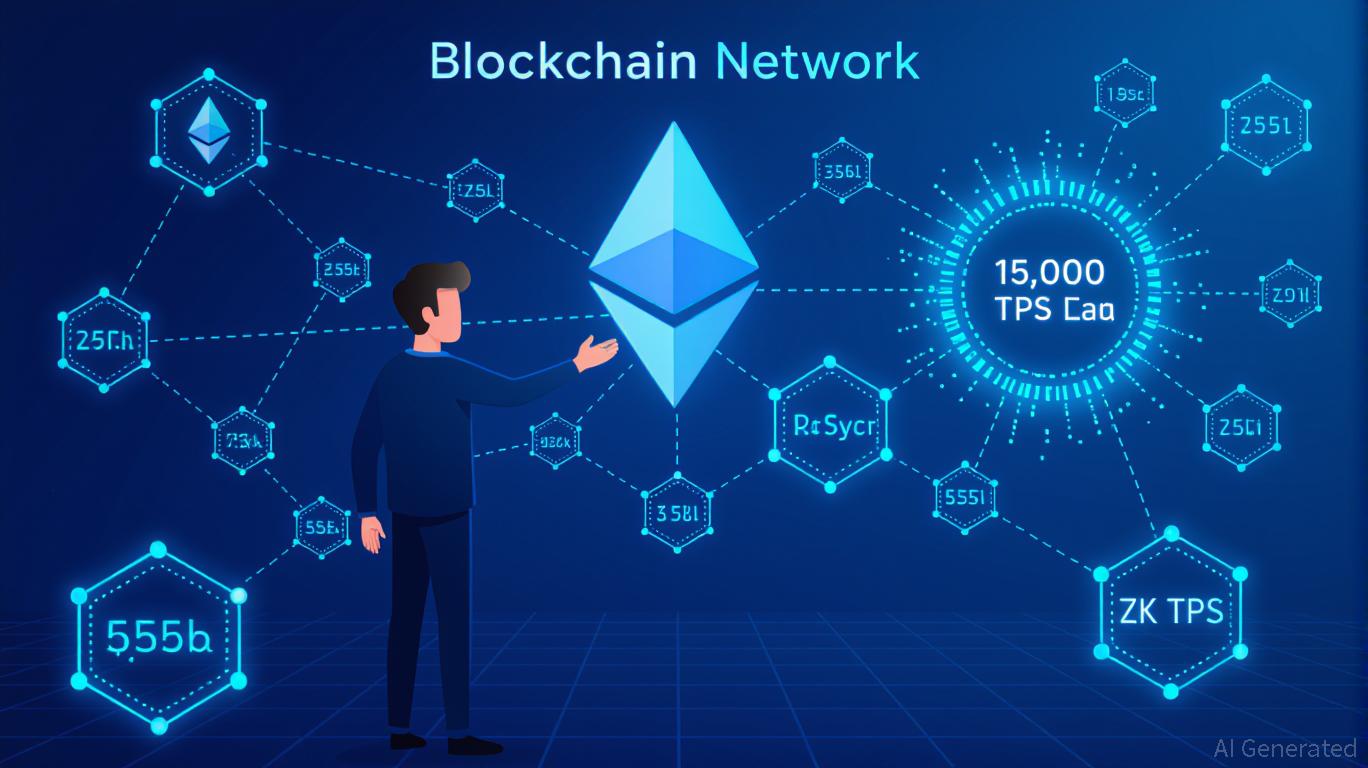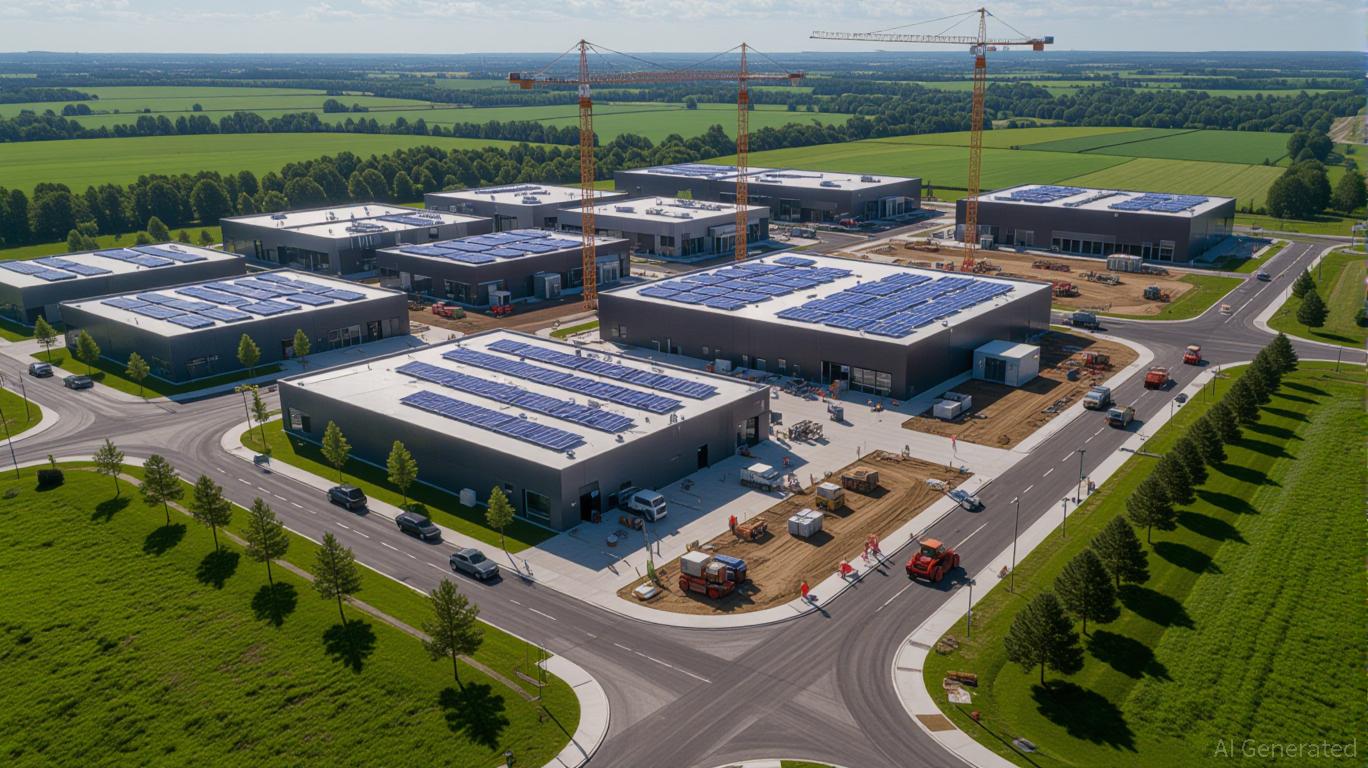Nvidia's ( NVDA 0.35%) recent $100 billion deal with OpenAI highlights a major transformation in artificial intelligence (AI): the primary constraint has shifted from hardware to electricity. Each gigawatt of computing power now requires energy on par with that of a nuclear plant, making access to power the main hurdle for AI expansion. This shift is drawing renewed focus to companies that are developing, supplying, and enhancing the infrastructure needed to support these energy-demanding technologies.
Below is a look at three companies addressing different aspects of the growing AI energy challenge.

Image source: Getty Images.
The pivot play
Iren Ltd. ( IREN -1.99%) has evolved from its origins in Bitcoin mining to become a broader player in high-performance computing. The company is repurposing its energy-heavy assets to serve AI workloads, investing in large fleets of GPUs such as Nvidia's B-series accelerators and AMD's latest MI350X chips. This strategic shift is already evident in its financials: revenue soared 226% year over year to $187 million in the fourth quarter of fiscal 2025, and gross margins improved as AI services began to supplement its legacy mining operations.
Iren's key advantage lies in its flexibility. Investors gain access to both cryptocurrency mining and AI cloud services, two sectors with distinct cycles but both showing rapid growth. This diversification helps reduce risk if one area underperforms. Notably, Iren has been designated as a preferred partner by Nvidia, granting it priority access to limited GPU supplies while competitors may face delays.
Shares have jumped 326% so far this year, reflecting strong investor interest, though the AI cloud business is still in its early stages. The main concern is utilization: if customer demand falls short, costly GPUs could remain unused while fixed expenses accumulate. Nevertheless, Iren has managed its transition effectively, establishing itself as a credible up-and-comer at the intersection of computing and energy.
The infrastructure moonshot
Applied Digital ( APLD -3.88%) specializes in designing and constructing data centers tailored for AI from the ground up. Its flagship Polaris Forge campus is set to reach up to 1 gigawatt of capacity—enough to supply a small city. A major lease agreement with CoreWeave demonstrates strong demand for its high-density facilities, but the stock currently trades at about 34 times trailing sales, far above industry averages.
This valuation reflects both significant potential and considerable risk. If Applied Digital meets its construction targets and achieves high occupancy at premium prices, early shareholders could benefit greatly. However, delays, budget overruns, or regulatory setbacks could quickly diminish returns. The stock's volatility this year highlights the speculative nature of its current valuation.
The optical wildcard
Poet Technologies ( POET 2.31%) is addressing a less visible but critical AI challenge: the energy required to transfer data within data centers. Its optical interposer technology leverages light instead of electrical signals for communication between chips and racks, aiming to reduce power usage and increase speed.
Poet has started to generate modest revenue from initial product sales and engineering contracts, but it continues to spend millions each quarter as it ramps up research, development, and manufacturing. Recent demonstrations—including 1.6-terabit optical engines and collaborations with module manufacturers—showcase the promise of its technology, though large-scale orders have yet to materialize.
With a market capitalization under $500 million, the stock offers a high-risk, high-reward profile: there is significant upside if the company secures major design wins, but also considerable risk until revenues reach a meaningful scale.
The power portfolio
For those seeking AI infrastructure investments beyond Nvidia, Iren stands out as the most straightforward option. Applied Digital could deliver impressive returns if it executes well, but its current valuation leaves little margin for error. Poet, meanwhile, remains a speculative bet.
As AI enters its next growth stage, investors may be better served by companies with established infrastructure and proven revenue streams, rather than those offering only technological potential. Iren's dual approach and existing capacity make it the most resilient choice, though those wary of the 326% rally this year may prefer to wait for a pullback. The power shortage is a real concern—but overpaying for unproven solutions rarely ends well.



